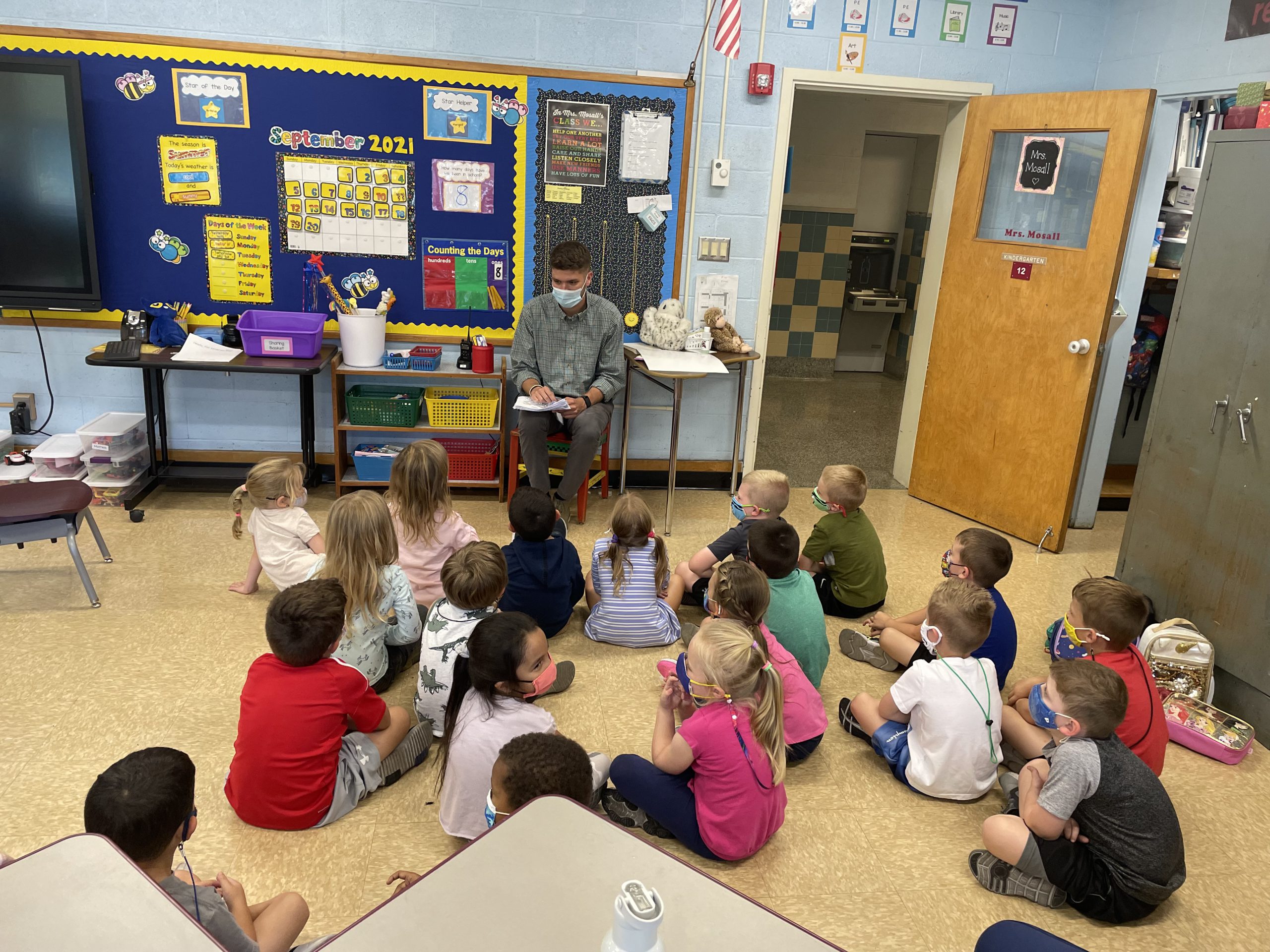The Essential Role of Elementary School Counselors
Research shows the implementation of a school counseling program, as outlined by “The ASCA National Model: A Framework for School Counseling Programs,” has a positive impact on student achievement. The development and implementation of these programs requires leadership from well-trained, highly competent elementary school counselors and includes a collaborative effort with school administrators, classroom teachers, school staff and community stakeholders.
[DOWNLOAD PRINT-FRIENDLY VERSION OF “THE ESSENTIAL ROLE OF ELEMENTARY SCHOOL COUNSELORS”]
Elementary School Students’ Developmental Needs
The elementary years are a time when students begin to develop their academic self-concept and feelings of competence and confidence as learners. They are beginning to develop decision-making, communication and life skills, as well as character values. It is also a time when students develop and acquire attitudes toward school, self, peers, social groups and family.
Meeting the Need
Elementary school counselors are educators uniquely trained in child development, learning strategies, self management and social skills, who understand and promote success for today’s diverse students. They implement a school counseling program to support students through this important developmental period. The program provides education, prevention and intervention activities, which are integrated into all aspects of children’s lives. The program teaches knowledge, attitudes and skills students need to acquire in academic, career and social/emotional development, which serve as the foundation for future success.
Elementary school counselors do not work in isolation; rather they are integral to the total educational program. They provide a proactive program that engages students and includes leadership, advocacy and collaboration with school staff, administration and community/family members in the delivery of programs and activities to help students achieve success. Elementary school counselors also collaborate with teachers and parents on early identification and intervention of children’s academic and social/emotional needs, which is essential in removing barriers to learning and developing skills and behaviors critical for academic achievement.
The work of elementary school counselors aligns with the school’s mission to support all students’ academic achievement as they prepare for the ever changing world of the 21st century. This alignment is accomplished through the design, development, implementation and evaluation of a school counseling program. The tools guiding this work are the ASCA Mindsets & Behaviors for Student Success, which address students’ academic, career and social/emotional development, and the ASCA National Model, with its data-informed, results-based focus. Research demonstrating the effectiveness of school counseling programs continues to grow, and there is evidence of the positive impact these programs have on academic and social/ emotional development.
Implementing A School Counseling Program
Elementary school counselors define and focus the school counseling program based on the school’s academic, attendance and discipline data. Identifying student needs through this data and consulting with administrators directs the program development. Elementary school counselors balance their program by addressing students’ academic, career and social/emotional development in addition to balancing the delivery methods, recognizing that students learn in multiple ways. The end result of this work is reflected in improvement in academic, attendance and discipline outcomes related to academic development, college and career readiness and social/ emotional development.
The ASCA National Model provides a flexible framework elementary school counselors use to develop a school counseling program designed to meet their students’ unique needs. The delivery of this program includes:
Direct student services including:
- instruction – teaching the school counseling curriculum to students focused through the lens of selected student standards from the ASCA Mindsets & Behaviors for Student Success.
- appraisal and advisement – assessing student abilities, interests and achievement to help them make decisions about their future.
- counseling – providing professional assistance and support to a student or small group of students during times of transition, heightened stress, critical change or other situations impeding student success. School counselors do not provide therapy or long-term counseling in schools. However, school counselors are prepared to recognize and respond to student mental health needs and assist students and families seeking resources.
Indirect student services including:
- consultation – share strategies supporting student achievement with parents, teachers, other educators and community organizations
- collaboration – work with other educators, parents and the community to support student achievement
- referrals – support for students and families to school or community resources for additional assistance and information RESEARCH ON THE
Effectiveness of School Counseling
Numerous studies demonstrate the value of school counseling for students in the domains of academic development, college and career readiness and social/ emotional development. Results of research about the effectiveness of school counseling can be found at schoolcounselor.org/effectiveness.
The ASCA National Model: A Framework for School Counseling
For more information about school counseling programs based on the ASCA National Model, go to schoolcounselor.org/ascanationalmodel. (Revised, 2019)
Why Elementary School Counselors?
The elementary school years set the foundation for developing the knowledge, attitudes and skills necessary for children to become healthy, competent and confident learners. Elementary school counselors have an impact on these years by implementing a school counseling program and collaborating with school staff, parents and the community to create a safe and respectful learning environment. By providing education, prevention, early identification and intervention, elementary school counselors help their students achieve academic success, develop an understanding of career opportunities and develop social/ emotional skills in response to issues they face.
Elementary school counselors hold a master’s degree and required state certification in school counseling. Maintaining certification includes ongoing professional development to stay current with education reform and challenges facing today’s students. Professional association membership enhances the school counselor’s knowledge and effectiveness.


